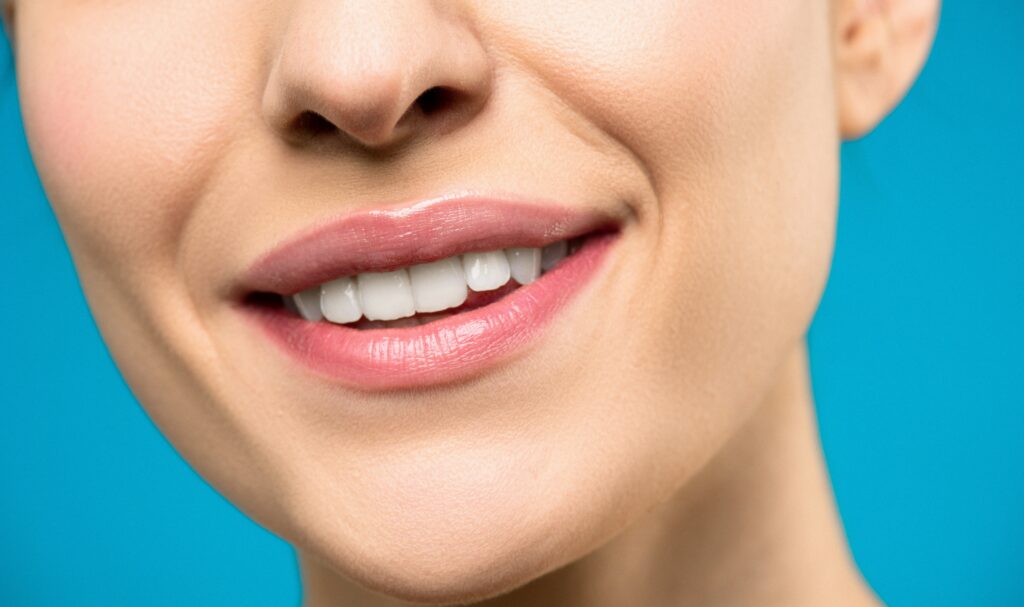Teeth whitening is becoming more widely available – both over-the-counter and through your dentist – and, thankfully, the techniques have advanced significantly.

If you’re thinking about whitening your teeth, we asked the experts what you should know first.
The process
It is a rather simple technique. Teeth whitening is the process of bleaching your teeth to make them whiter. Teeth whitening will not make your teeth sparkling white, but it will lighten the existing color by many shades, according to Mydentist clinical director Steve Williams.
The dentist will examine your teeth and determine whether they are healthy enough to proceed, as well as discuss your expectations. If you agree to proceed, the dentist will make a first impression of your teeth.
“This is a basic operation that involves creating a mold so that the whitening trays may be manufactured specifically for you. Before treatment, a shade of your teeth is taken so that you may compare the difference in the end. Then, another consultation is normally required to fit the whitening trays, after which they will show how to use the kits. There are various varieties of kits, but all will include less than the legally mandated maximum % of bleach.”
Teeth whitening can only whiten natural teeth.
Like many of us, if you have had dental treatment done and are left with dentures, crowns, fillings, or veneers, keep in mind that teeth whitening will not work on these, and the color will remain intact.
According to Mr. Williams: “Teeth whitening will only make your teeth whiter. If you already have crowns or fillings, they will not be affected. These can sometimes be adjusted following treatment to complement your new brighter smile. Fillings on your front teeth, if you have any, are usually the only ones that need to be replaced because they are the ones that are visible when you smile.”
You may develop sensitivity as a result of this.
Whatever treatment you take, there is always the possibility that your teeth and gums will be sensitive to the chemicals used – especially if you already have sensitive teeth.
“During therapy, some people’s teeth and gums may become more sensitive, although using toothpaste intended for sensitive teeth can decrease or eliminate this. It is uncommon for the sensitivity to persist after the therapy has been completed, “According to Mr. William.
Teeth whitening isn’t a long-term solution.
According to Steve, teeth whitening treatments can produce excellent effects for up to three years. However, this varies from person to person, and if you smoke or drink red wine, tea, or coffee, this can also shorten the time your teeth remain whiter.
“The good idea is to save the mouthguard manufactured by the physician (which holds the bleach next to your teeth) in a safe place since this can be utilized if you need top-ups in the future,” he says.
You may frequently buy the proper tooth whitening agent’s proper strength from your dentist for carefully guided top-ups at home; your dentist will advise you on how frequently it is safe.
A dentist must perform it.
Teeth whitening can only be done lawfully by a dental care professional, such as a dentist, hygienist, or therapist who has received appropriate training and is registered with the General Dental Council. Teeth whitening can also be performed by registered dental therapists and dental hygienists under the supervision of a dentist. According to Mr. Williams, a clinician can only utilize particular materials of a given strength, and the dentistry profession is heavily regulated.
“Kits purchased over the internet may appear to be less expensive, but they should be avoided since the bleach used may be of insufficient strength and hence harmful to the teeth. Also, the mouthguard will not fit properly, and the bleach will not be retained in the proper area, making it illegal.”
You can verify if a dental professional is registered with the GDC online or by calling 0207 167 6000.
